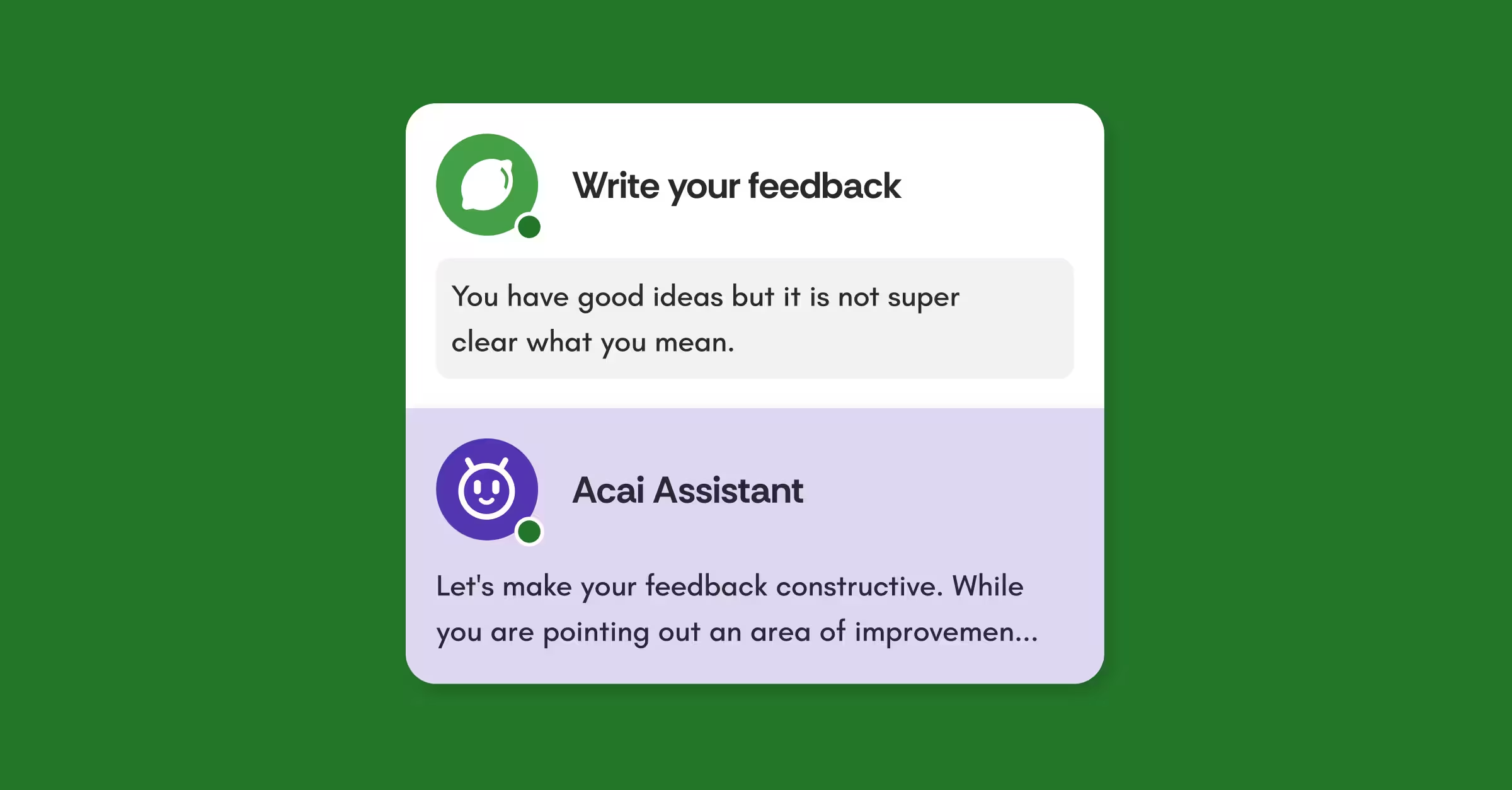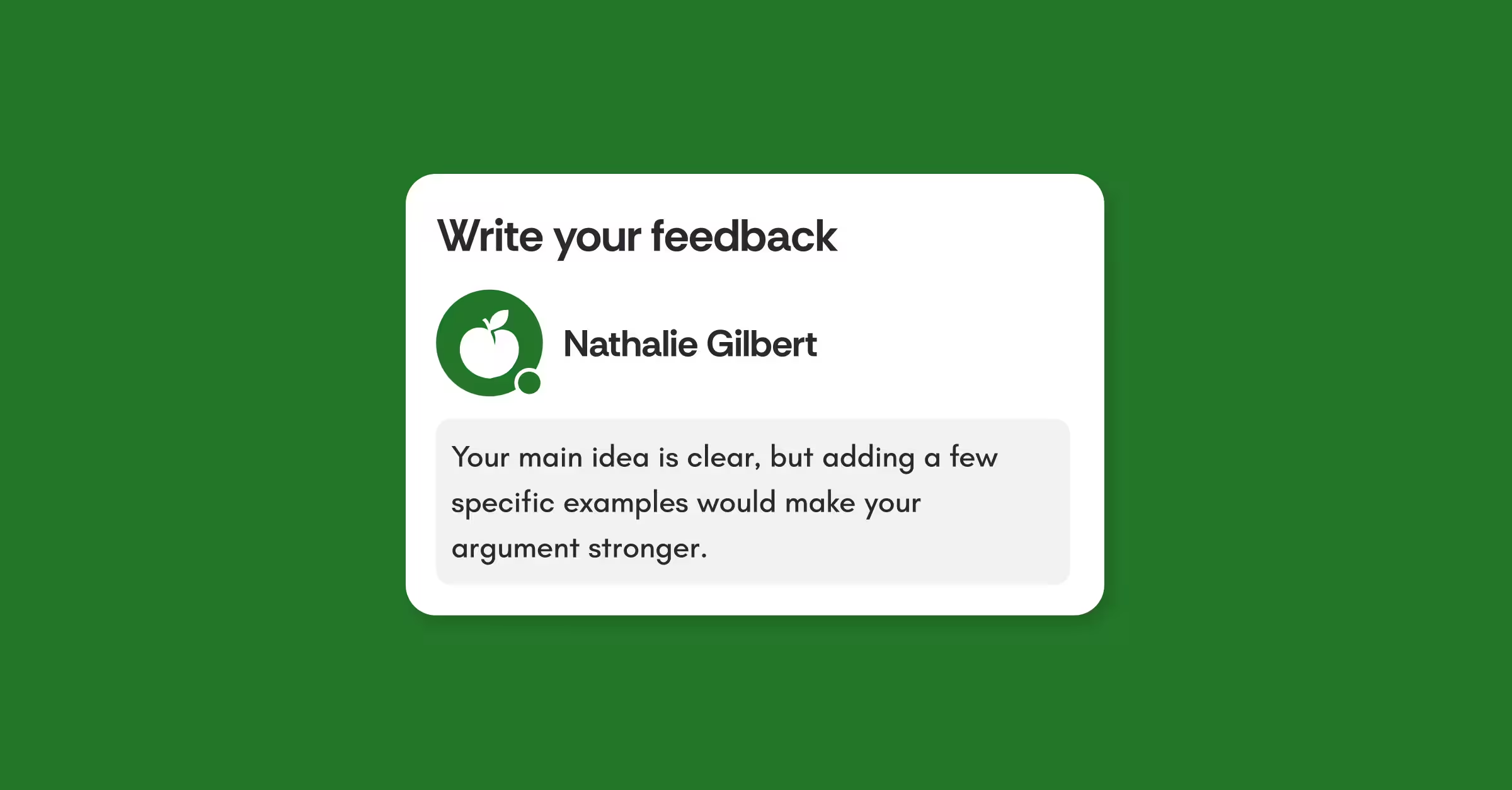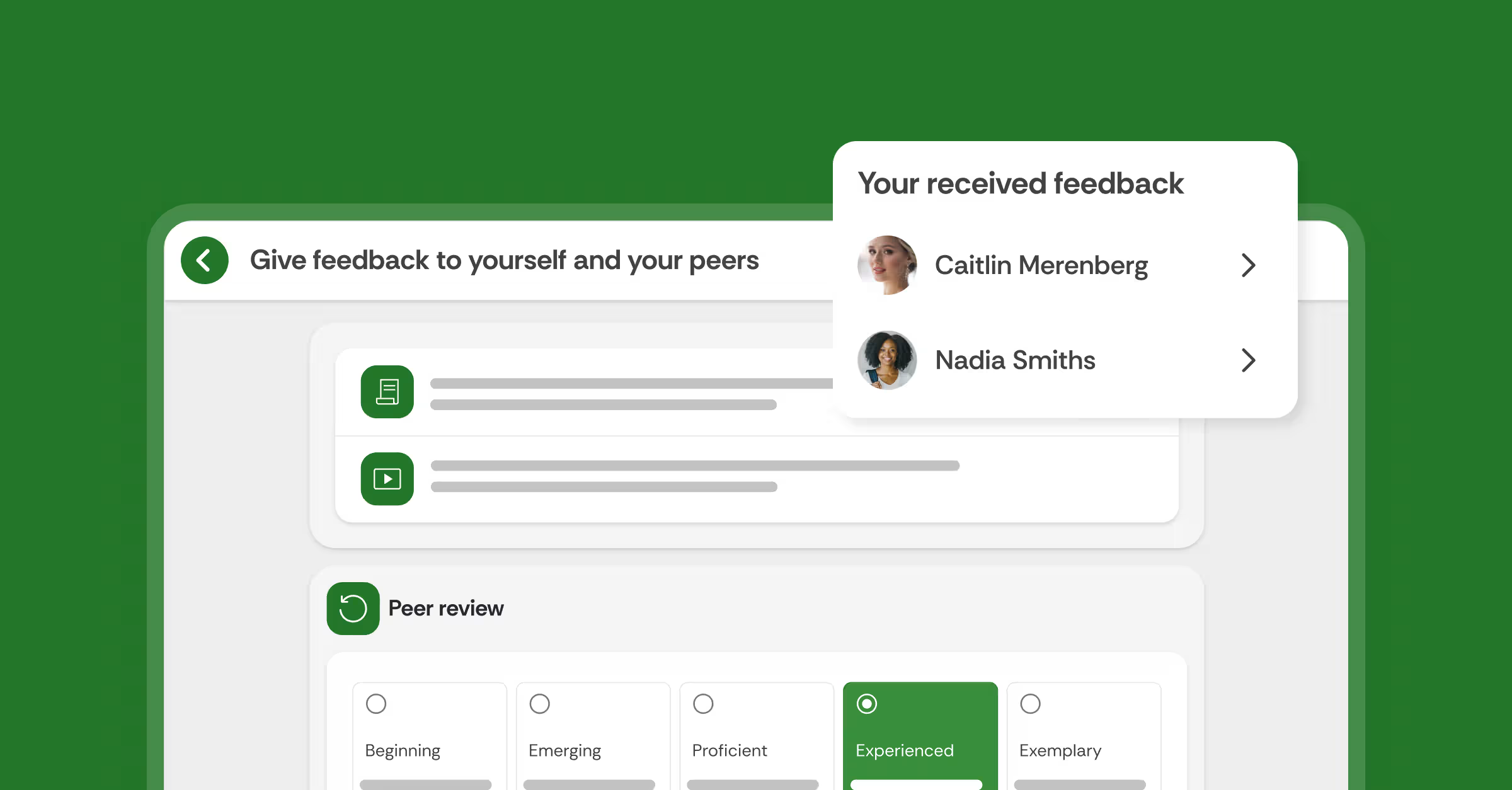FeedbackFruits Higher Ed Weekly Digest 27/07
As we promised, on a weekly basis we bring you the most popular content in the higher education community.
You can send your suggestions for future articles to Keo Mokgojoa. Enjoy!
Must-Read Articles
This week's top picks incorporates a wide range of interesting articles, from a report highlighting the obstacles students and teachers have faced during this last spring semester, to students concerns with digital procuring services and ending off with a insightful look at how MIT is implementening A, B, C, D/NE, F/ NE grading to alleviate stress during the COVID - 19 pandemic.
1 - Report: One of the biggest obstacles to remote learning? Finding a quiet place to work
This article offers some insight on students and teachers experience from the last semester. With the mixed reviews about remote learning, this report highlights what went right, what went wrong, and what could be improved, with some valuable insight just in time for the fall semester. What is specifically interesting in this report relates to the 70% usage of basic LMS functions from teachers and students. Teachers are not using adaptive learning tools to the best of their ability:the report states that adaptation of these tools requires learning and training and hence less attractive to teachers. However,, if adopted well, these various learning tools would be complimentary with remote learning instruction.
We recommend this article to: Instructional designers, educational management
Why: As it highlights the major issues that students are facing while working remotely and offers an opportunity to rectify those issues
“It’s a shame that teachers aren’t aware of the full capabilities of their LMS functions”, Ryan Baker adds. “As some of these adaptive learning tools are powerful and can be useful in this new learning environment.”
2 - Exams that use facial recognition are fair but they're also intrusive and biased
Due to the recent COVID - 19 crisis, students from The Bar Professional Training Course (BPTC) had to turn to online exams with digital procuring services such as human monitoring via webcams.
These procuring services have raised a number of concerns with students. Specifically, the biggest noteworthy concern would be the racial bias that facial matching technologies have proven to exhibit. For instance, the Detroit Police Department revealed that 96% of the time there is always some fault with their facial recognition technology. Meaning that in an exam situation, these digital procuring services could have a good chance of detecting inaccurate information.
We recommend this article to: Teachers, instructional designers, educational management
Why: This article offers insight on the biggest concerns students have with procuring services.
“We need to take these exams. But the discrimination and intrusion into our private lives is not an acceptable solution”, states a student of the BPTC.
3 - A, B, C, D/NE, F/NE grading to be implemented in Fall
The final article in this week’s picks is taken from the MIT weekly online newspaper, TheTech. This article explains the manner of evaluation that MIT will implement this coming Fall. Specifically, sophomores, juniors, seniors and graduate students will receive A, B, C, D/NE and F/NE grades in the Fall. According to the Rules and Regulations of the Faculty, this grading system can take effect only under circumstances that are regarded as ‘significant disruptions”, such as a pandemic. The main reasons for implementing this grading system is to reduce student stress during the semester. Therefore, allowing flexibility of learning and hopefully allowing students to still provide a high quality of work. This grading system provides students with a more flexible deadline for their assignments due to the disruptions. For instance, if assignments aren’t completed on time students would attain an ‘Incomplete’ instead of a ‘Fail’ alleviating the stress of having to complete certain assignments under difficult home conditions.
We recommend this article to: Education management.
Why: This article offers expert insight from MIT, on how this form of grading can assist in reducing student stress but still allowing students to produce a high quality of work.
“Given the uncertainty surrounding COVID-19 and the diversity of personal experiences and career goals that students may have, such flexibility is important.” The Academic Policy and Regulations Team for MIT (APART) announced.
Must-Listen Podcasts
Who does not love a good podcast? See our top picks below!
1 - Ep. 15 - Online Learnings Outlook for the Fall
Instructors, policy makers and stakeholders alike are all uncertain about the Fall semester. Experts within the online distance learning sector have advice for those who are unfamiliar to this format. Additionally, Marni Baker Stein, Chief Academic Officer for Western Governors University, a university that solemeny gives instruction online, shares how the competency based university has assisted in helping its students through disruptions related to online learning.
We recommend this podcast episode to: Teachers, instructors, instructional designers, educational management.
Why: This podcast offers an opportunity to learn from experts that have years of experience of offering online instructions.
2 - Ep. 200 A conversation with Chip Paucek, CEO of 2U
In this informative conversation with Sophie, the host of the podcast, and Chip Puceak, co - founder and CEO of 2U, these experts offer insights of what they believe makes for quality online instruction. Chip elaborates on the term he calls ‘Zoom Burnout’ and offers advice on how teachers can make sure to alleviate it. He highlights that online instruction won't disappear and institutions should invest more resources to develop it.
We recommend this podcast to: Teachers, Education management, Edtech professionals.
Why: As it offers expertise on quality remote learning initiatives as well as valuable insight on pros and cons of starting an Edtech company.
Events to Attend
Continue learning about higher education through engaging events and conferences, for now in an online format.
1 - World Academic Summit: A New Dawn For Higher Education
This online event will offer 48 hours of in depth discussions and reflections concerning the latest data regarding different facets of education. While also shedding some light on the global shared agenda for the next 10 years. Additionally, this event will allow you to get in touch with peers to share the challenges as well as solutions that the pandemic might have created.
We recommend this event to: Educational professionals, EdTech professionals.
Why: This event offers an opportunity to gain insight on the global agenda for education in the next 10 years.
2 - Microsoft Teams Meets Pedagogy
Microsoft Feedbackfruits Webinar
Microsoft and FeedbackFruits join forces for better online education. Thanks to this new partnership with Microsoft, FeedbackFruits pedagogical tools can be now used directly in the Microsoft Teams environment!
In this webinar you will learn how to create engaging online courses with FeedbackFruits tools in Microsoft Teams and be inspired by the most impactful use cases. And there's more….the first 50 registrants will receive a 1 on 1 installation guidance session.
We recommend this event to: Teachers, instructional designers, school leaders.
Why: This webinar will teach educational professionals how to create engaging online courses with FeedbackFruits tools in Microsoft Teams.
Must - Watch Videos
1 - Staying globally competitive with continued education and blended learning
As always, we close this week's recommendations with an engaging video. This week's pick is a webinar from Mario Chomorro, the head of Coursera Latin America . This webinar showcases the most recent data of the impact that COVID-19 had on higher education, as well as what Coursera has done to promote improved asynchronous learning for students. The webinar ends off with an in depth discussion of the future of online universities.
We recommend to this video to: Teachers, instructional designers, educational management.
Why: This video offers an opportunity to find out the most updated data on how COVID - 19 has impacted higher education as well as the future on online instruction and asynchronous learning.
Final Words
As a lot is changing in the higher education community right now, we will try our best to keep you posted with some of the most popular content that we find helpful for the community. You can subscribe to our newsletter for more exclusive content. See you next week with even more exciting findings!
















![[New] Competency-Based Assessment](https://no-cache.hubspot.com/cta/default/3782716/interactive-146849337207.png)










